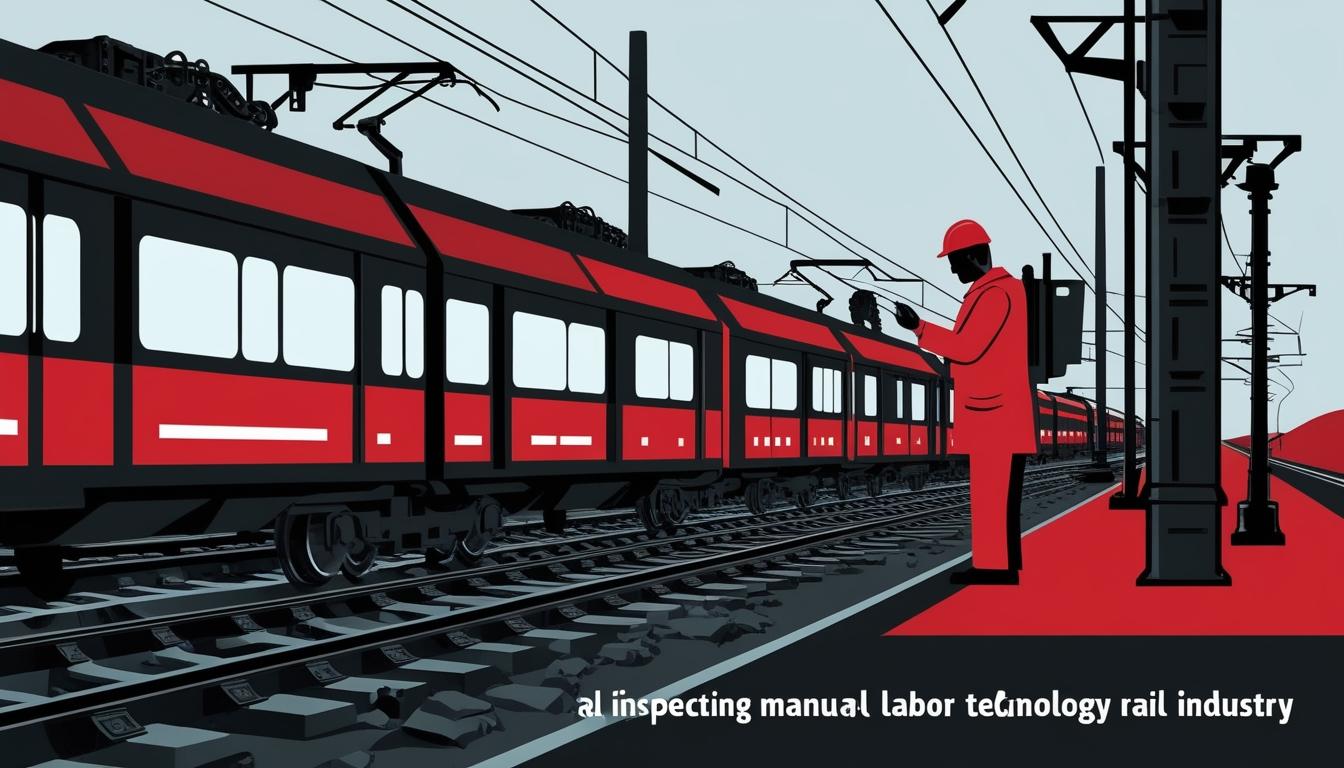American railroads are navigating a complex employment crisis amid significant advancements in automation and technology. As industry leaders seek to attract younger job seekers to replace an aging workforce, they are competing fiercely with other sectors within the supply chain for a dwindling pool of talent. This issue emerged during a recent panel discussion at the Transportation Research Board’s 104th annual meeting in Washington, D.C., a five-day conference dedicated to multimodal transportation research and practices.
Panelist Peter Swan, who has an extensive background as a former railroader and retired professor at Penn State, highlighted the ongoing transformation within the rail industry, particularly concerning the nature of trades-type jobs. He underscored the shift in management practices from a focus on people to a reliance on automated systems. “There has been a shift in management from people to systems,” Swan commented. “Automation in track maintenance, equipment and operations means skill degradation for the ‘blue collars’.”
This transition is already influencing various operational aspects, particularly in track and train inspections. Manual track inspection processes are increasingly being supplanted by advanced sensor technologies, while car inspections are being automated entirely. Furthermore, the role of locomotive engineers is evolving; there is a potential future where their positions may become obsolete as operational systems adopt a more automated structure. Swan noted that the shift to longer trains run with distributed power presents complexities in handling that could diminish the importance of traditional engineering skills.
The implications of this trend extend beyond labour dynamics, as the railroads contend with the challenge of maintaining skilled workers in a technology-driven industry. The Transportation Research Board conference continues through Thursday, highlighting the critical discussions surrounding the necessity of adapting to rising trends in automation and its impact on workforce development in the rail sector.
Source: Noah Wire Services
